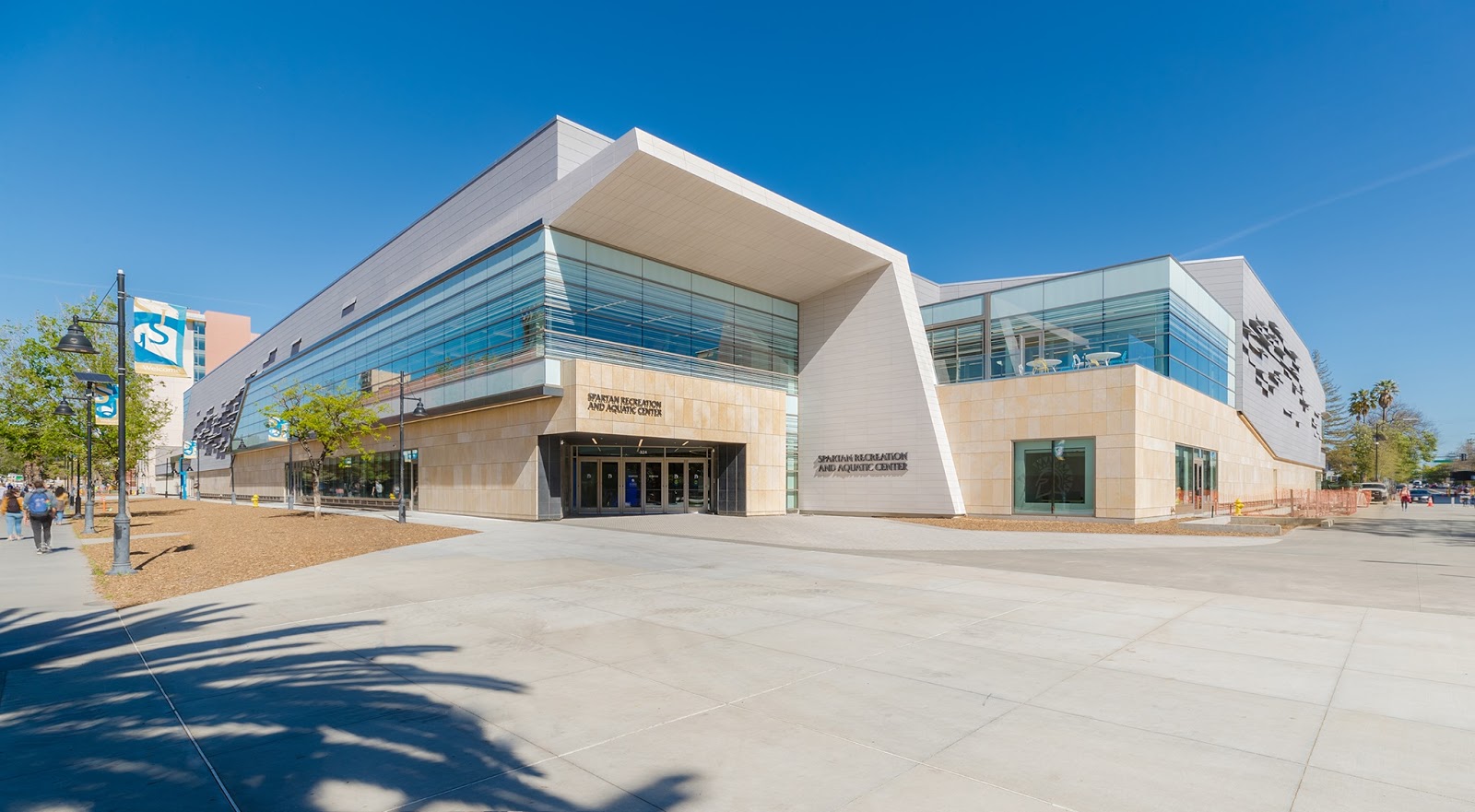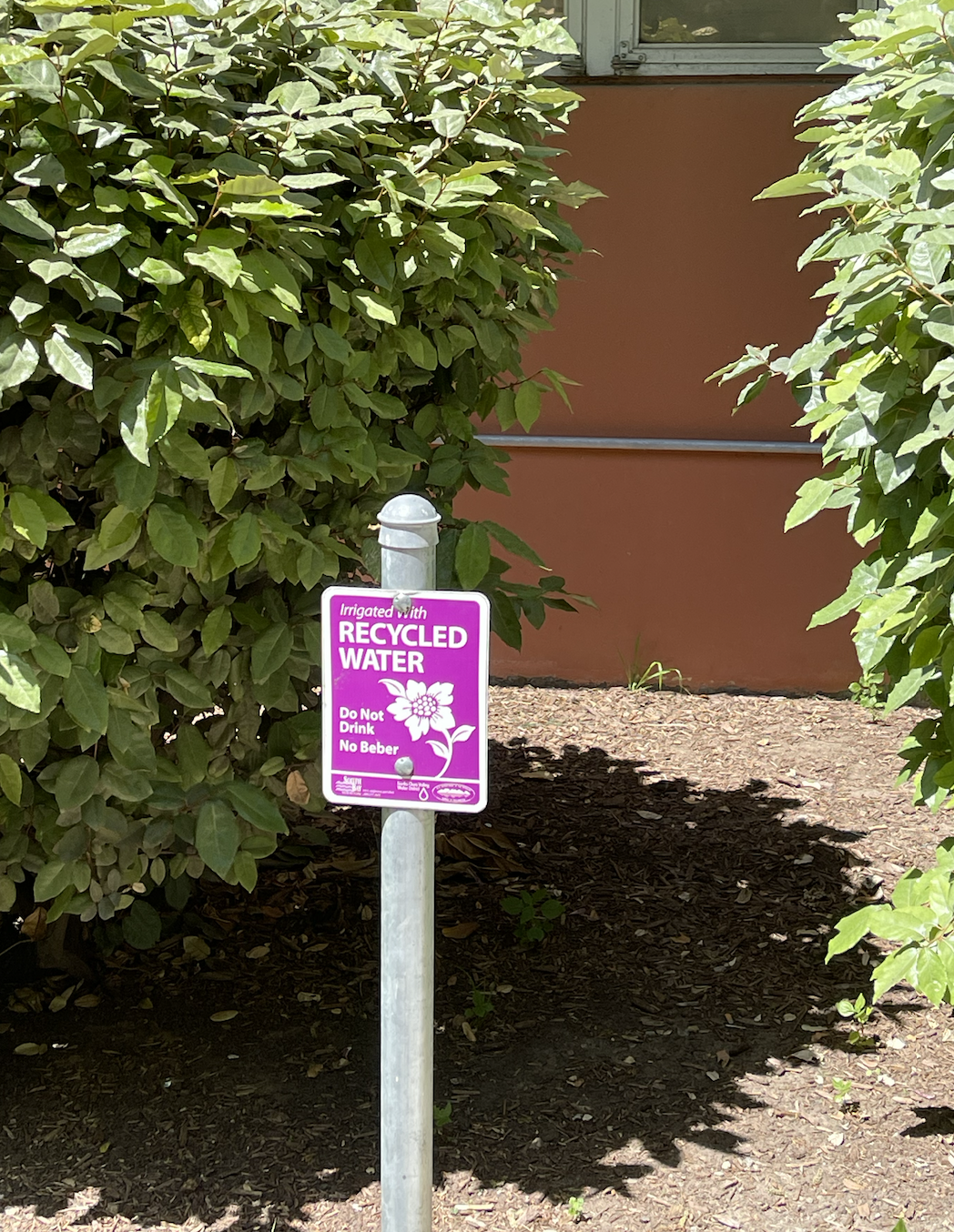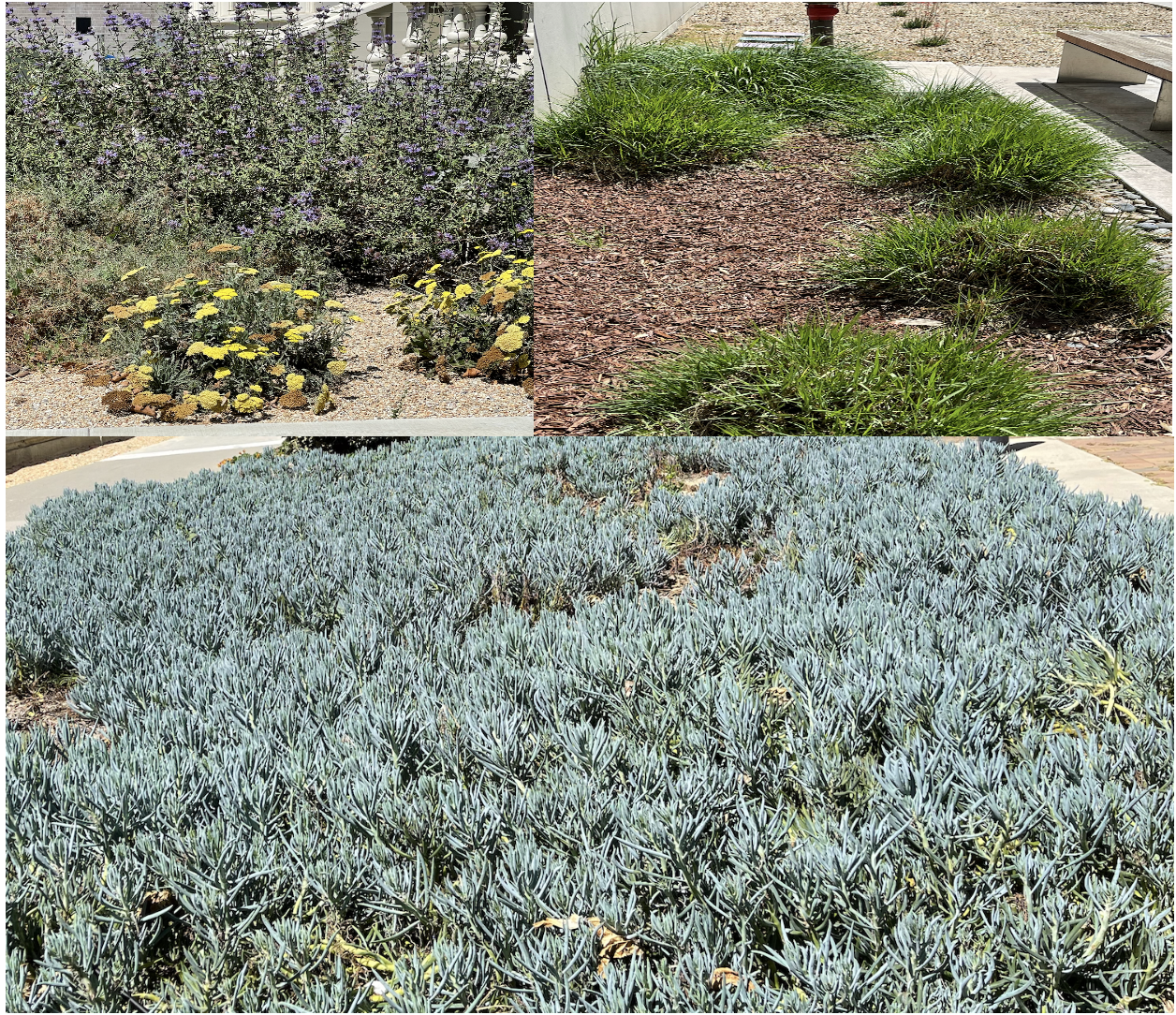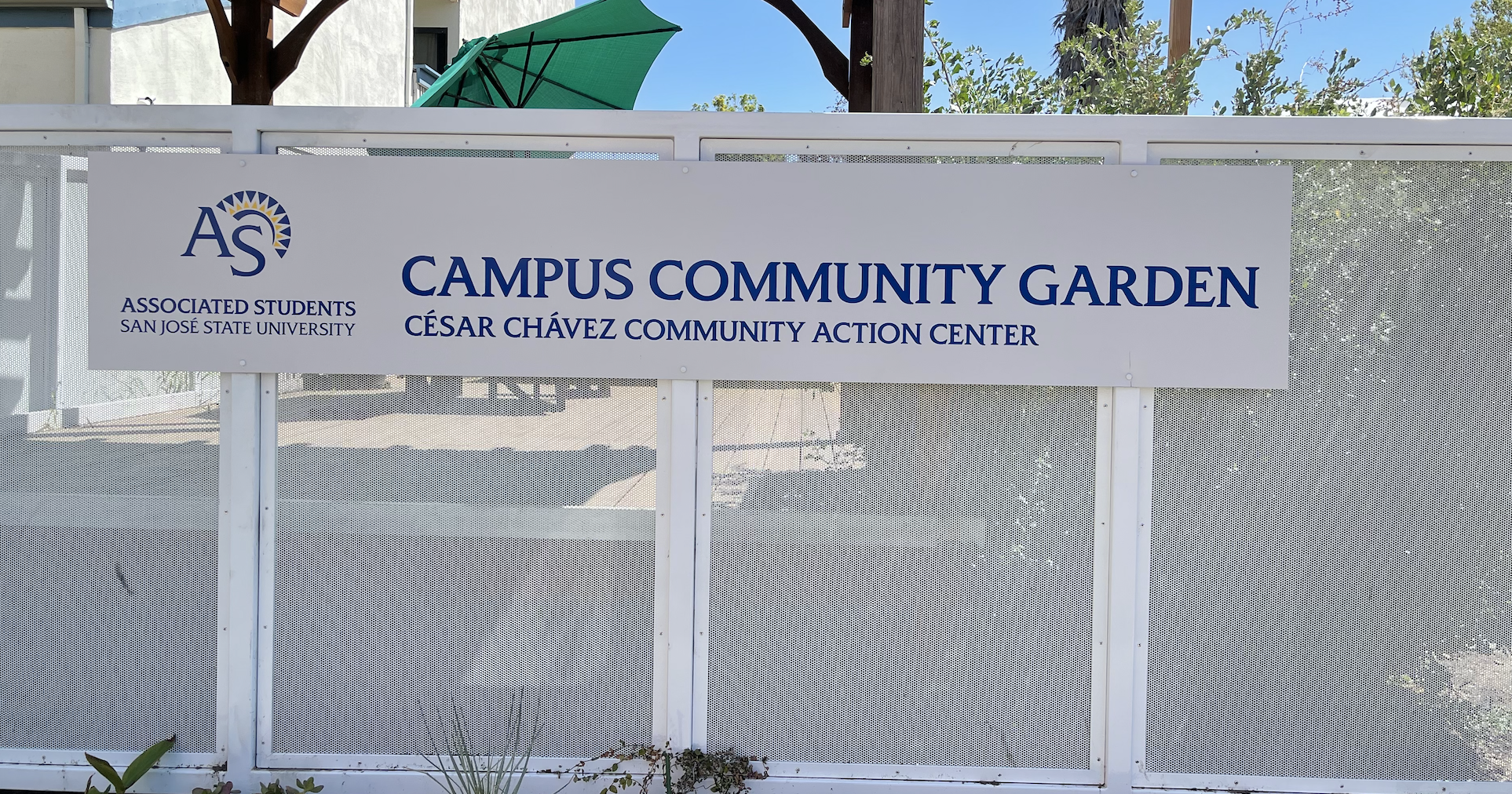Points of Pride
2023 SJSU Sustainability Achievements
- SJSU received the Gold rating (second highest rating) from the Association for the Advancement of Sustainability in Higher Education (AASHE), which ranks SJSU in the top 6% of all Universities internationally for sustainability.
- SJSU is also ranked in the 2022 Sustainable Campus Index, the Princeton Review Guide to Green Colleges 2022 and the Sierra Club Cool Schools List (ranking 13th most sustainable school in California)
- The SJSU South Campus solar energy array (583 kW) provides enough power to make it an carbon neutral facility emitting a 0% carbon footprint.
- The Campus Community Garden provides a “living lab” experience for students, as well as produces fruit and vegetables, free for students
- The new SJSU Recreation and Aquatic Center (SRAC) is LEED Gold certified for its energy efficiency and green building attributes. SRAC meets world-class standards for energy savings, water efficiency, CO2 emissions, and indoor environmental quality.
- CommUnivCity is a unique partnership between SJSU, the City of San Jose and underserved San Jose communities focused on service projects related to health, education and neighborhood revitalization.
- SJSU has installed 50 Electric Vehicle (EV) charging stations in the Park and Ride lot on South Campus and is in the process of installing an additional 84 EV charging stations in the parking garage. Tenth Street garage on main campus will get 46 new charging stations.
- We use more recycled water than potable water. Recycled water saves 90 million gallons of fresh water per year.
- GHG’s are 12 % below 1990 levels!
- All maintenance vehicles on campus are electric!
- CSU has implemented a Single use plastics policy eliminating plastic water bottles, straws, bags and Styrofoam.
- VTA is free for all students. Discounts available for Amtrak, ACE and highway 17 express.
- Bike enclosures, skate-board racks, electric scooters are available for the SJSU community.
- Clothes closet available to all students who are in need of clothes, in the Office of Sustainability.
- 1,533 sustainability related or focused courses in 67 of the 73 total academic departments across SJSU curriculum

LEED GOLD Certified Buildings: SRAC Aquatic Center & Science Building
At SJSU, did you know that some of the most popular buildings are LEED Gold Certified such as the SRAC & the newly anticipated Science building.
The world standard for green buildings, LEED (Leadership in Energy and Environmental
Design), is a certified rating system established by the US Green Building Council.
SRAC's LEED Gold certification recognizes an organization's excellent performance
in a variety of sustainable and environmental stewardship parameters. SRAC, for example,
met the USGBC's world-class requirements for energy efficiency, water conservation,
CO2 reduction, and indoor environmental quality. Due to meeting these sustainable
requirements, buildings like ones mentioned are awarded with this distinction.

Recycled Irrigation Water
Recycled water for irrigation averages more than 70,000 hundred cubic feet (HCF, the most common unit of water measurement and represents 100 cubic feet, which is equivalent to 748 gallons). Each year saved 93 million gallons of potable water.
Sustainable Plants & Bioswales
Across campus, you will find many sustainable plants that helps promote a green campus. Small things like this rank San Jose State top 5% in the world!
Chesar Chavez Garden:
Sustainability at the Garden
The community garden is…
- pesticides or synthetic fertilizer free because everything is organic.
based on permaculture and regenerative agriculture ideas, which means we aim to mimic the natural process. - approximately sixty plant kinds in the garden, ranging from perennial fruit trees and flowers to annual food harvests.
- has a variety of pollinators and critters, our garden ecology is diversified.
- uses our own composting and gray water systems, which enable us to reuse and decrease organic waste.
- re-integrated into our garden using environmentally friendly methods.
all produce is freely available to students.

